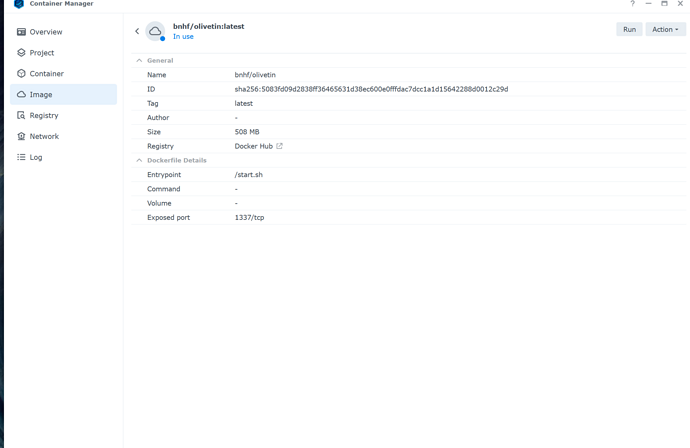OK, in that case, you can try this modification to generatem3u.sh:
Find the line in the outputCollectionM3U() function, and comment it out like so:
#allChannelsM3U=$(curl $m3uURL)
And add the following below it:
allChannelsM3U=$(curl http://$dvr/devices/ANY/channels)
Then, do the same with this combination:
#collectionChannelM3U=$(echo "$allChannelsM3U" | grep -A 1 -E "tvg-chno=\"$collectionChannelNumber\"")
Adding the following below:
collectionChannelM3U=$(echo "$allChannelsM3U" | jq -r '.[] | select(.GuideNumber == "'"$collectionChannelNumber"'") | "#EXTINF:-1 channel-id=\"\(.GuideNumber)\" tvg-id=\"\(.GuideNumber)\" tvg-chno=\"\(.GuideNumber)\" tvg-logo=\"\(.Logo)\" tvc-guide-stationid=\"\(.Station)\" tvg-name=\"\(.GuideName)\",\(.GuideName)\nhttp://'$dvr'/devices/ANY/channels/\(.GuideNumber)/hls/master.m3u8?"')
The re-run the M3U generation as before, and see if the result is what you're after.


